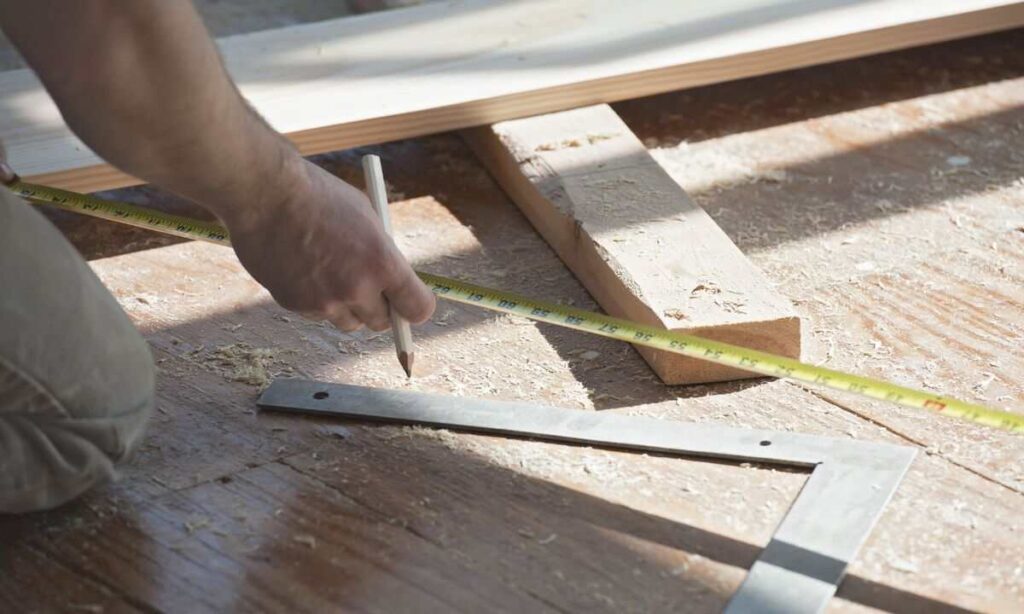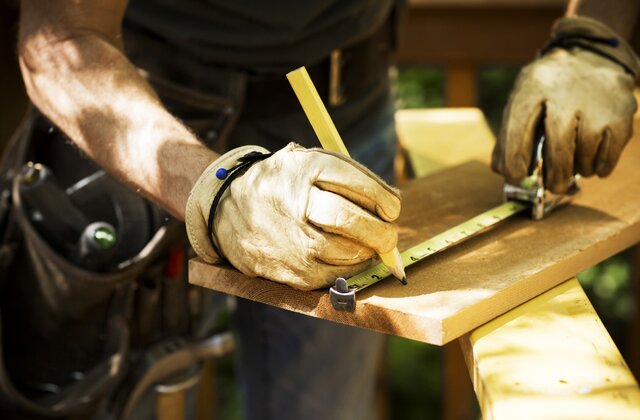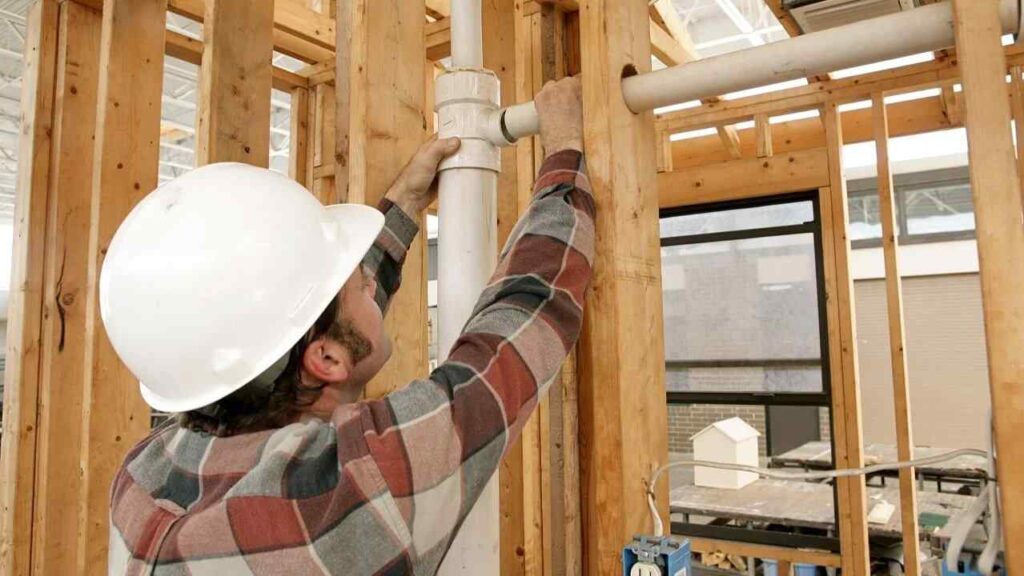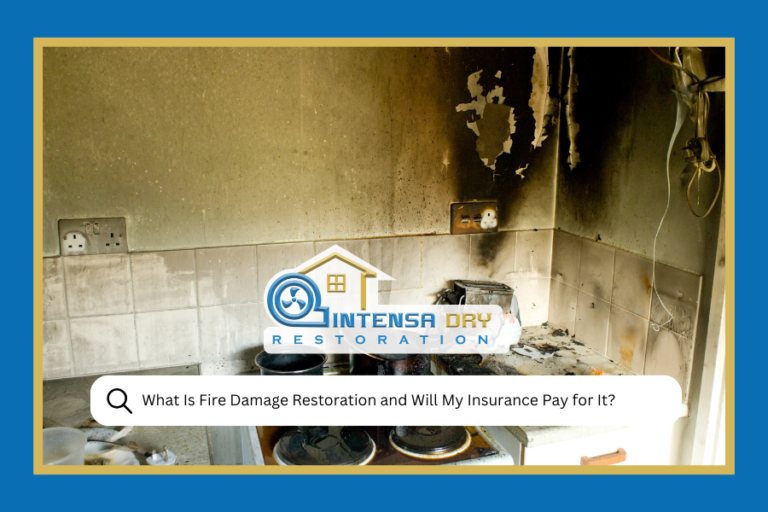In the vibrant city of Plano, where rapid development and growth are the norm, the need for reliable reconstruction contractors has never been more crucial. Whether you’re embarking on a home renovation project or addressing the aftermath of a disaster, finding trustworthy professionals is paramount. The construction industry’s boom in Plano has led to a myriad of options, making it challenging to sift through the choices. In this blog, Intensa Dry will help you explore essential tips to guide you through the process of finding reliable reconstruction contractors in Plano, ensuring your project is in capable hands.
Research and Verify Credentials
Before diving into the plethora of options available, it’s essential to conduct thorough research. Start by verifying the credentials of reconstruction contractors in Plano. Look for licenses, certifications, and affiliations with reputable organizations. The Texas Department of Licensing and Regulation (TDLR) is a valuable resource to confirm a contractor’s legitimacy. Additionally, check for insurance coverage, as this protects both you and the contractor in case of unexpected incidents during the reconstruction process.

Researching and verifying credentials is a crucial first step when searching for reliable reconstruction contractors in Plano. This process helps ensure that you engage with restoration professionals who are qualified, licensed, and reputable in their field. Here are some key aspects to consider during this phase:
Check for Licensing:
- Verify that the contractor holds the necessary licenses required by the state of Texas. The Texas Department of Licensing and Regulation (TDLR) is the governing body responsible for overseeing various trades, including construction. Access the TDLR website to confirm the contractor’s license status and ensure it is current.
Certifications and Affiliations:
- Look for certifications and affiliations with reputable organizations within the construction industry. Membership in associations such as the National Association of Home Builders (NAHB) or the Associated General Contractors (AGC) can indicate a commitment to professional standards and ongoing education.
Insurance Coverage:
- Ensure that the contractor carries adequate insurance coverage. This typically includes general liability insurance and workers’ compensation. Request proof of insurance and verify that the coverage is sufficient to protect both you and the contractor in case of accidents or unforeseen events during the reconstruction process.
Bonding:
- Inquire about the contractor’s bonding status. Bonding provides financial protection in the event that the contractor fails to complete the project or fulfill contractual obligations. A bonded contractor is often seen as more reliable and accountable.
Check Complaints and Disciplinary Actions:
- Research any complaints or disciplinary actions against the contractor. This information can be found on the TDLR website or through other consumer protection agencies. Pay attention to the nature of complaints and how they were resolved, as it can offer insights into the contractor’s professionalism and commitment to customer satisfaction.
Years of Experience:
- While not a formal credential, the contractor’s years of experience in the industry are valuable. Consider working with contractors who have a proven track record of successfully completing projects similar to yours. An experienced contractor is likely to navigate challenges more effectively and deliver a higher quality of work.
References:
- Request references from the contractor and take the time to contact past clients. Ask about their experiences, the contractor’s communication style, adherence to timelines, and overall satisfaction with the completed project. A reliable contractor will willingly provide references, and positive feedback from previous clients is a good indicator of their credibility.
Seek Recommendations and Read Reviews
Word of mouth remains a powerful tool when seeking reliable reconstruction contractors. Reach out to friends, family, and colleagues who may have had similar projects in Plano. Their experiences can provide valuable insights into the contractor’s workmanship, communication, and overall professionalism. Online reviews on platforms like Yelp, Google, and the Better Business Bureau can offer a broader perspective. Pay attention to recurring themes in reviews, both positive and negative, to gauge the contractor’s strengths and weaknesses.
Interview Multiple Contractors
Once you’ve compiled a list of potential contractors, schedule interviews to discuss your project in detail. During these meetings, assess the contractor’s communication skills, responsiveness, and willingness to answer your questions. Ask about their experience with similar projects in Plano and request a portfolio showcasing their past work. A reliable contractor will be transparent about their capabilities and provide references for you to contact.
Understand the Contract and Payment Terms
Before signing any agreements, carefully review the contract provided by the reconstruction contractor. Ensure it includes a detailed scope of work, timeline, and payment terms. A reliable contractor will be clear about project milestones and associated costs. Be wary of contractors who request substantial upfront payments or those unwilling to provide a written contract. Clear communication and transparency regarding financial aspects are crucial for a successful and stress-free reconstruction project.

Visit Ongoing or Completed Projects
To gain firsthand insight into a contractor’s work, visit ongoing or recently completed projects in Plano. This allows you to observe the quality of craftsmanship, attention to detail, and adherence to timelines. Speak with the homeowners if possible, as their feedback can be invaluable. A reputable contractor will have no qualms about showcasing their work and facilitating such visits.
Conclusion:
Finding reliable reconstruction contractors in Plano requires diligence, research, and a discerning eye. By following these tips, you can navigate the maze of options and ensure that your reconstruction project is entrusted to capable and trustworthy professionals. Remember, investing time in the selection process pays off in the long run, leading to a successful and satisfactory outcome for your Plano reconstruction endeavors.
FAQ’s
How do I find a good local contractor?
To find a good local contractor, seek recommendations from friends or neighbors, check online reviews on platforms like Yelp, and verify credentials such as licenses and insurance before making a decision. Additionally, interview multiple contractors to assess their communication and transparency regarding the project.
How do I choose the right contractor?
Choose the right contractor by researching credentials, checking references, and ensuring clear communication. Look for experience in similar projects, transparency in contracts, and a proven track record of delivering quality work on time and within budget.
How do you deal with a contractor?
Effectively deal with a contractor by maintaining clear communication, establishing expectations in a written contract, and addressing issues promptly and diplomatically. Regularly check progress, ensure adherence to timelines, and foster a collaborative relationship for a successful project outcome.
What is the quality of a good contractor?
A good contractor demonstrates clear communication, adherence to timelines and budgets, proper licensing and insurance, problem-solving skills, and a commitment to quality work, as evidenced by a positive track record and references from satisfied clients. Choosing a contractor with these qualities ensures a successful and reliable partnership for your project.
How do I hire a contractor in the US?
To hire a contractor in the US, research local options, check credentials including licenses and insurance, obtain multiple quotes, thoroughly review contracts, and communicate clearly about expectations, timelines, and payment terms. Additionally, seek recommendations, read reviews, and visit completed projects for a well-informed decision.






